DAYTONA BEACH, Fla. — Trumpeting new tariffs he hopes will return industry to America, President Donald Trump has called April 2 “Liberation Day.”
But April 1 could be, and should be, Liberation Day for congressional Republicans when it comes to Elon Musk.
If the Democratic-aligned nominee for a Wisconsin Supreme Court wins and the Republican candidate only narrowly prevails here, a NASCAR capital that’s nobody’s idea of a battleground, GOP lawmakers on the ballot next year will have cause to repeat Trump’s signature line from his show business days: You’re fired.
There’s little that congressional Republicans and their counterparts in state capitals can do about Trump and his insistence on pushing inflation-spiking tariffs. He grips his party like no modern president, and they must accommodate every impulse.
However, Musk has turbocharged the backlash to Trump and accelerated the revival of demoralized Democrats and independents appalled by the billionaire’s cavalier attempt to slash the federal government. If they don’t push the White House to cut Musk loose, Republicans are tempting a replay of 2017 and 2018, when Democrats scored gains in Trump’s first term, but with twin targets for the left this time.
Don’t take my word for it.
Just glimpse at the Democrats’ shocking state-senate win in Pennsylvania’s Amish country last week, the overwhelming rejection on Saturday of four state constitutional amendments pushed by Louisiana Gov. Jeff Landry and the Wisconsin contest, along with two deep-red Florida special congressional races in which the Democrats running will raise over $20 million between them.
Or look at the now-weekly protests of Tesla dealerships, the town halls and protests which invariably include as many signs decrying Musk as Trump or, depressingly, the routine vandalism of Musk-designed vehicles taking place across the country.
Polling, too, suggests that Musk is a drag on his adopted party. Consider the new AP-NORC survey: Musk has lower favorable ratings than Trump with both independents and Republicans, and they’re about equally despised among Democrats.
So why on earth is Musk, donning a cheesehead hat, the principal closing messenger in the Wisconsin Supreme Court race?
A pair of House Republicans, both of whom represent districts full of suburbanites, told me they’re hoping Musk will soon start heading for the exits.
An ”April 1st massacre” would be “a beautiful thing,” said one of the GOP lawmakers, because it would rouse congressional Republicans to the damage Musk is doing and hand political capital to the lawmakers facing the most difficult races next year.
“There will be 26 or so people watching Tuesday, and they’ll decide how they want to be part of the team going forward,” said this House Republican, alluding to the most endangered GOP lawmakers.
The GOP lawmakers, this member said, grasp the political damage Musk is doing because “the shit he puts up on the internet” about government spending or savings “is wrong,” but when it relates to their districts, it gets picked up by both their MAGA base and local media outlets, angering different blocs of voters.
The other House Republican, remaining somewhat more restrained, said the White House needs to effectively declare victory and thank Musk for his service. “Elon’s work needs to wrap up, and he needs to exit stage left,” said the lawmaker.
Naturally, in a reminder of the power Musk wields because of his money and ownership of X, neither Republican wanted to be identified by name.
With fear of defeat, however, can come courage. Or at least a willingness to tell Speaker Mike Johnson or Trump himself in private that something must be done on Musk.
It's not as though the president doesn’t recognize his party’s growing political peril. After all, it only took one survey by his trusted pollster, Tony Fabrizio, for Trump to yank Representative Elise Stefanik’s (R-N.Y.) nomination as United Nations ambassador and avert a potential special election loss in Stefanik’s red-tinted upstate district.
And that poll wasn’t even in New York — it was done here, in the Atlantic coast seat formerly held by National Security Adviser Michael Waltz, and before that Gov. Ron DeSantis. Trump carried this district by 30 points last year. Yet Fabrizio’s survey indicated the special election is a single-digit race between Republican state senator Randy Fine and Democrat Josh Weil, an Orlando-area teacher.
In an interview Monday, Fine said national Republicans should pay careful attention to the results of his race because its potential closeness illustrates Democrats’ energy.
“If you polled the district, you would find exactly the same sentiment about Donald Trump today as last November,” Fine told me. “But what we need to take from it is the rage the Democrats feel.”
And, Fine added, “We have to make our people understand that Donald Trump being president does not solve all of our problems, he needs a Congress to be behind him.”
While saying he was “optimistic” about the election, Fine declined to flatly predict victory, let alone a decisive one, saying “a win is a win.”
That stands in contrast to Weil, who openly said he would prevail Tuesday, and in large part because of the fear Musk has caused about federal programs in a senior and veteran-heavy district.
Recounting his town halls, canvassing visits and his internal polling, Weil told me he repeatedly found that protecting entitlements and the Veterans Administration was most salient in a seat that stretches from just below St. Augustine down through Daytona Beach and inland to nearly Ocala.
“Social Security showed up early on as the number one issue Republicans said they would vote for a Democrat on,” said Weil. Sipping a coffee and munching a bagel with cream cheese on Monday at a Daytona coffee shop, tattoos visible just past his sleeves on both arms, the former Bernie Sanders enthusiast said that's why he made the issue the centerpiece of his mailers and TV ads.
Also helping the Democrat is that, as local and national Republicans concede, Weil has run a more energetic race than Fine, who had not even raised $1 million as of mid-March but has been helped by a late burst of outside money. It’s one of two special House elections in Florida this week. (The other, for the Panhandle seat previously represented by Matt Gaetz, is not expected to be competitive despite the Democrats’ fundraising.)
DeSantis has clashed with Fine, who broke from many in Tallahassee to back Trump over the governor in the 2024 primary, and Washington Republicans have been appalled at Fine’s lack of fundraising and light schedule.
It was unclear if Fine had public events in the closing hours of the campaign, besides tele-town halls, and when I showed up at the campaign address listed on Fine’s website, I found myself at a UPS store in a Daytona strip mall.
Meanwhile, Weil said he raised $14 million, spending considerably on digital fundraising to do it, and used the money along with volunteers to knock on over 740,000 doors.
A small group of those supporters assembled Monday morning within sight of the famed Daytona track’s grandstand in one of those only-in-Florida commercial developments that could have been built 10 months or 10 years ago.
In a sign of the fury that Trump and Musk have sparked, there were a pair of USAID workers, a former Department of Justice employee and a dual citizenship Canadian-American present at the canvass launch.
Addressing his door-knockers, Weil made no attempt in the conservative district to soft-pedal the national dynamics of the race, framing it as the first “public referendum on the Trump administration.”
What is “coming out of the White House, what’s coming out of wherever DOGE is located is unacceptable,” said the Democrat. “We cannot allow billionaires and bureaucrats to take away access to healthcare for veterans, we can’t have them tearing apart the Social Security administration.”
Charlene Smith, a local activist, said, “We’re seeing a lot of energized Democrats who were very despondent a few months ago.”
It's no mystery why, Smith said.
“The chainsaw approach is really jarring everybody, people are losing their jobs, people are losing benefits they counted on all their lives,” she said. “It’s frightening, it’s really frightening.”
.png)


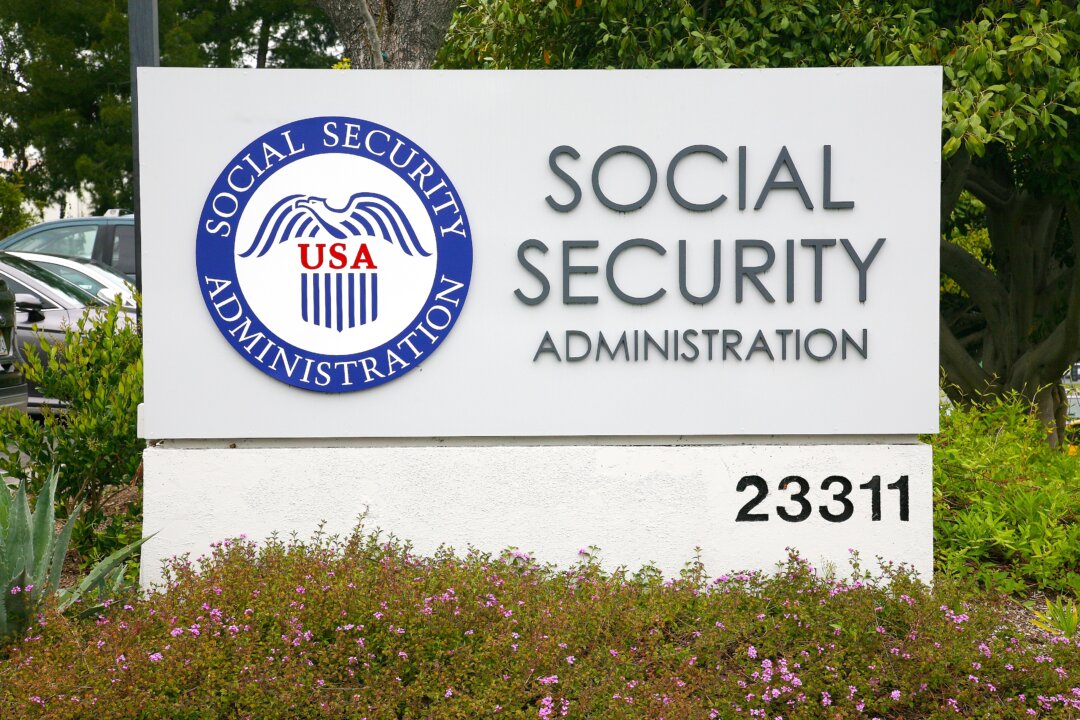
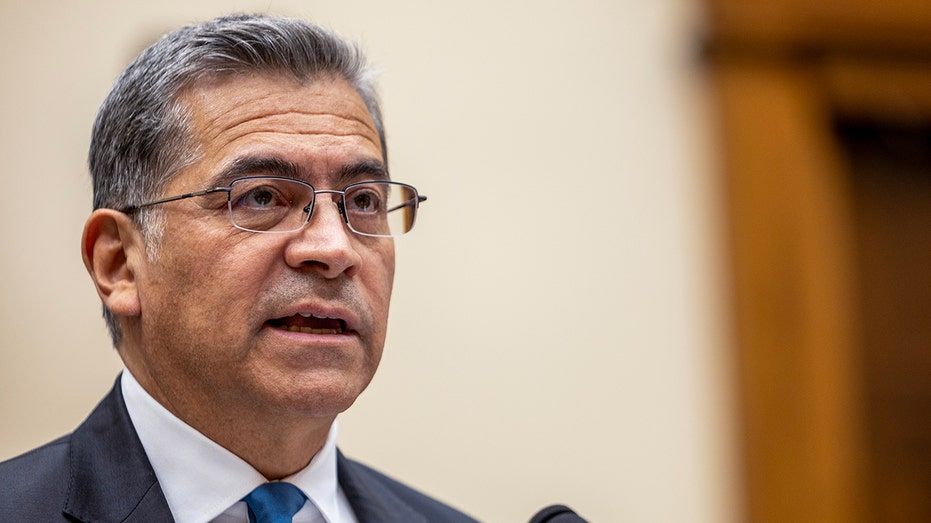

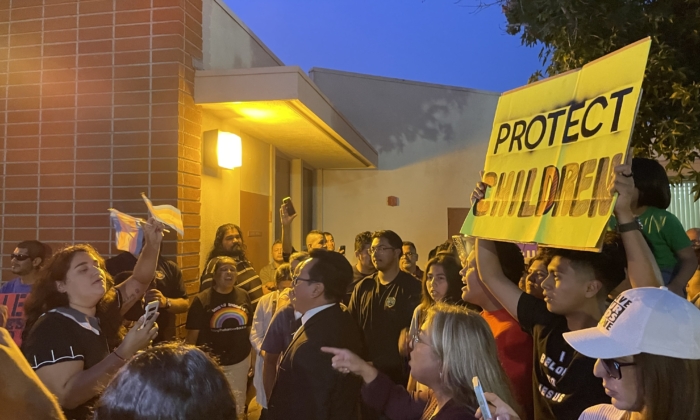

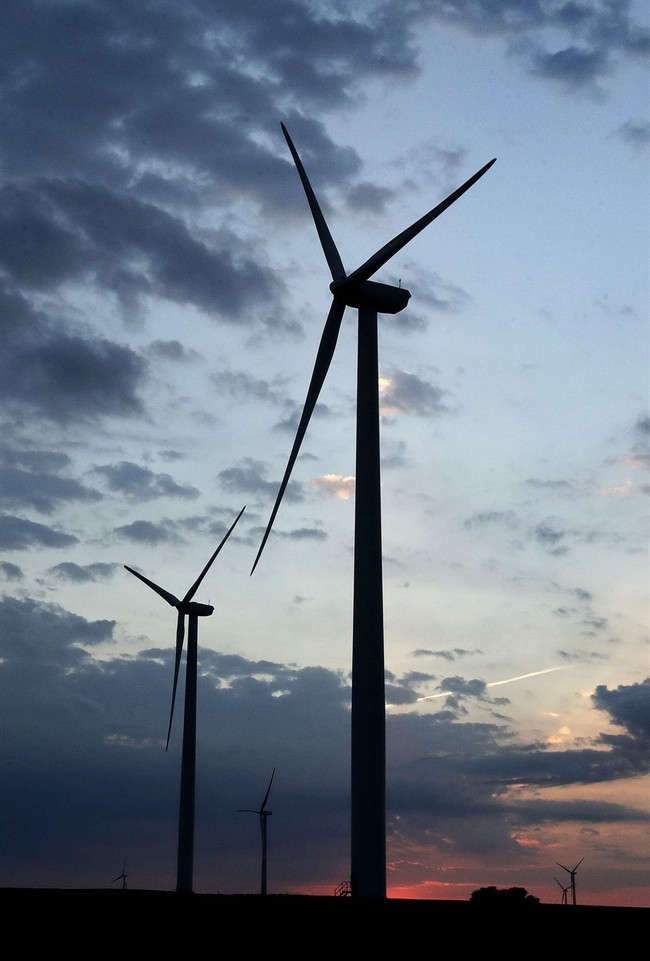

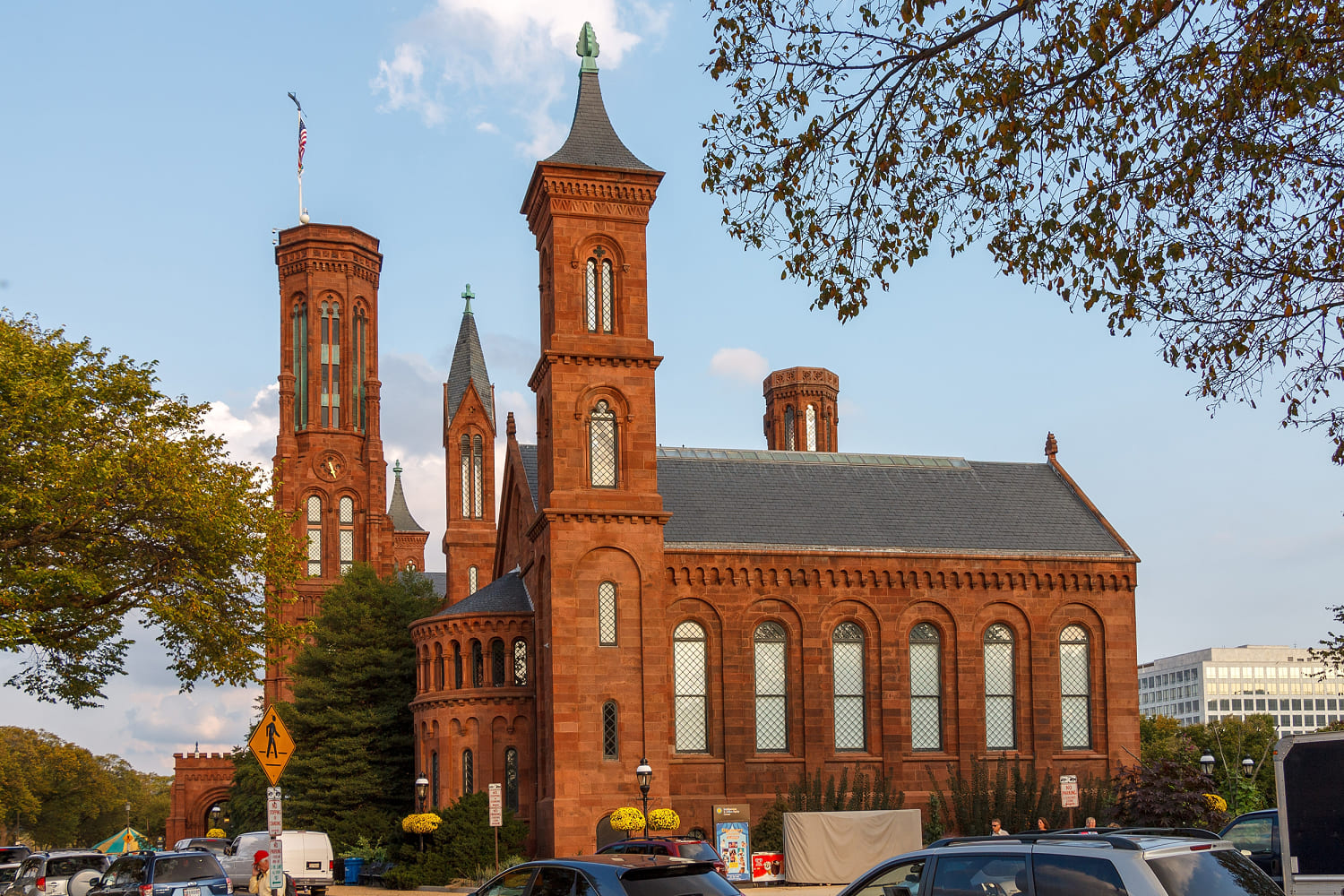
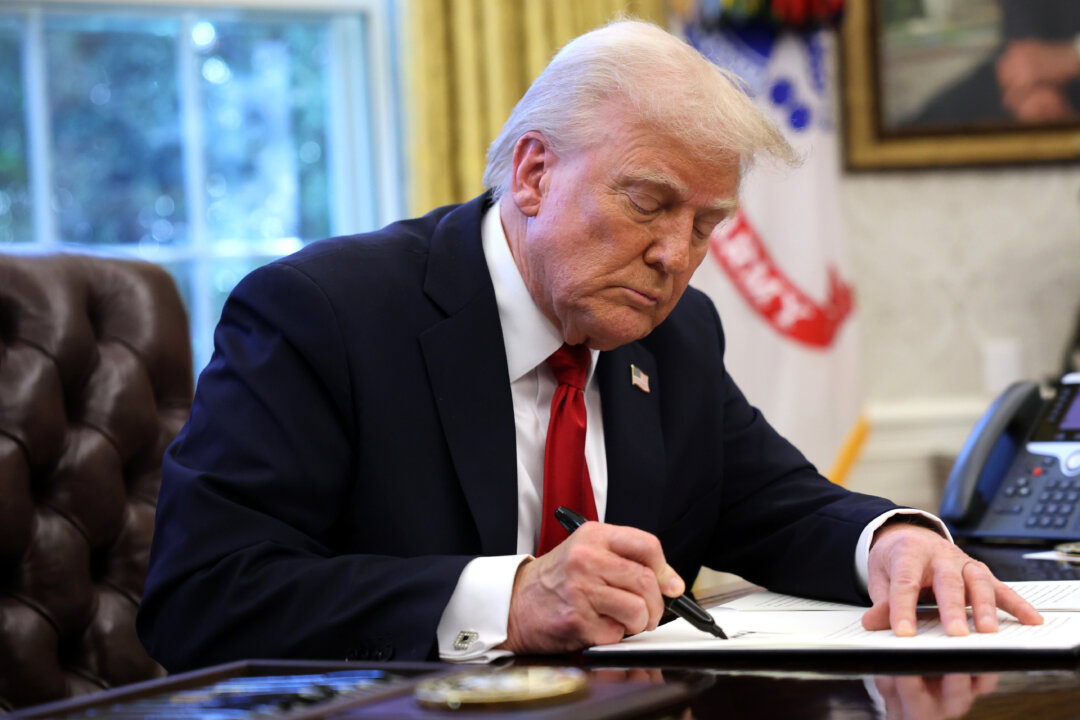
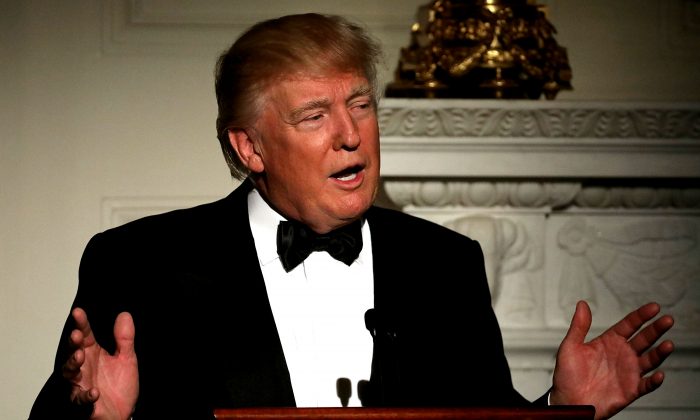


 English (US)
English (US)